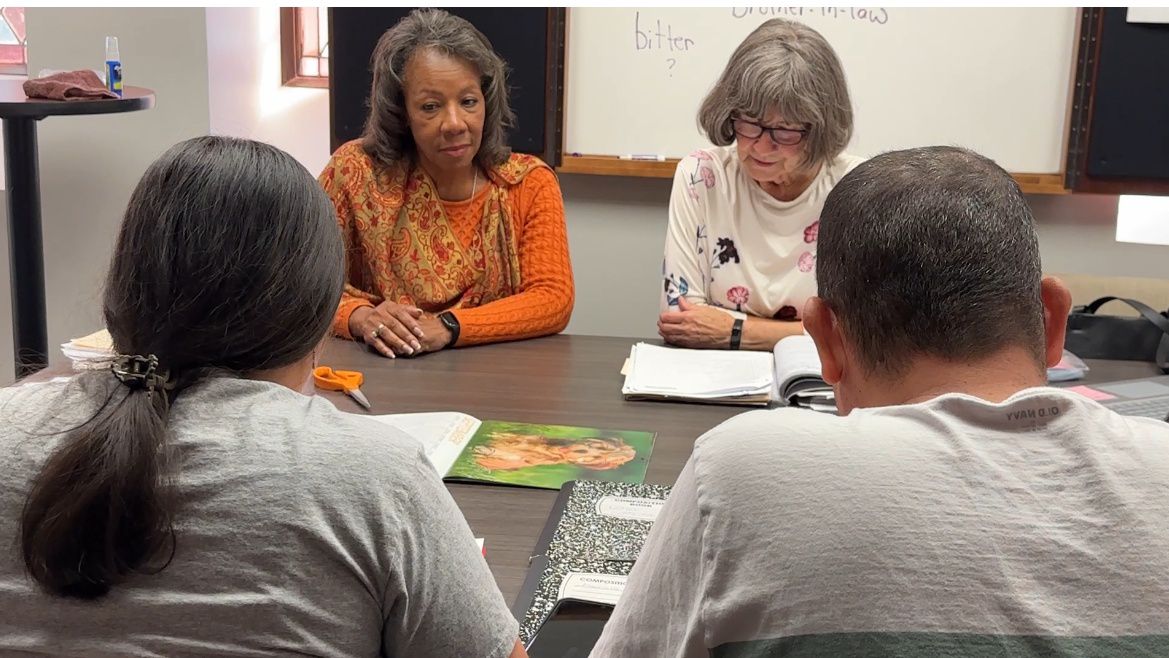JAMESTOWN, N.Y. — Recent updates to the country’s refugee admissions process have changed the way those seeking asylum enter the United States. Some are still struggling.
One upstate New York group is looking to make the transition a little easier for those who’ve packed up their lives and ready to start over.
What You Need To Know
Immigrants and asylum seekers continue to settle in upstate New YOrk
They are in need of a number programs and services
The New Neighbors Coalition has expanded to help immigrants settle into their neighborhoods
Marion Beckerink was born in Germany and became a naturalized U.S. citizen in 1978.
She’s also a certified legal adviser with the New Neighbors Coalition — volunteers helping immigrants and asylum seekers work toward becoming permanent citizens.
“It felt near and dear to me in that regard,” Beckerink said. “And I wanted to make people feel that they were doing everything the right way. To be able to navigate the myriad of issues that come up as a refugee or as an asylum seeker.”
Coalition leaders say what started as a grassroots efforts for resettlement has grown into a program complete with an expanded number of services for immigrants regardless of status.
“We play a big role in helping people kind of feel welcome and kind of settle in, so not just like the basic food and housing, but also where do I go for this, how do I get a mortgage for a house,” said Momina Di Blasio, program manager of the New Neighbors Coalition.
Di Blasio was just a year old when she moved to the U.S from Costa Rica, which she says fuels her passion to help others.
“You see kind of the challenges, you become empathetic. Not only do you have perspective but kind of develop a sense of understanding,” said Di Blasio.
The Coalition, inside St. Luke’s Episcopal Church in Jamestown, Chautauqua County, has helped close to two hundred people from several nations, and has displayed the flag of each of those countries.
“Making action into prayer. It’s not about services at Church, it’s about service to community,” said Rev. Luke Fodor of St. Luke’s Episcopal Church.
Fodor says turmoil at the federal level continues to be a challenge, as the group works to make connections and build community.
“The unknown makes us anxious,” Fodor said. “It’s human nature. When we get out of our comfort zones and stretch a little bit, that’s when we really become our best selves and so I see our new neighbors as making us better.”
Thanks in part to trained volunteers like Beckerink, who urge the public to be more accepting of their new neighbors.
“To understand that these people want to contribute to our community,” Beckerink said. “They don’t want to take. They want to rebuild. And that rebuilding process involves them feeling they’re doing everything they can to make this a richer community. So we want to be that welcoming safety net for them.”
Coalition leaders in Jamestown say once the program started to expand, they did receive some emergency block grant funding, and an immigrant research program grant from the New York State Office of New Americans.
